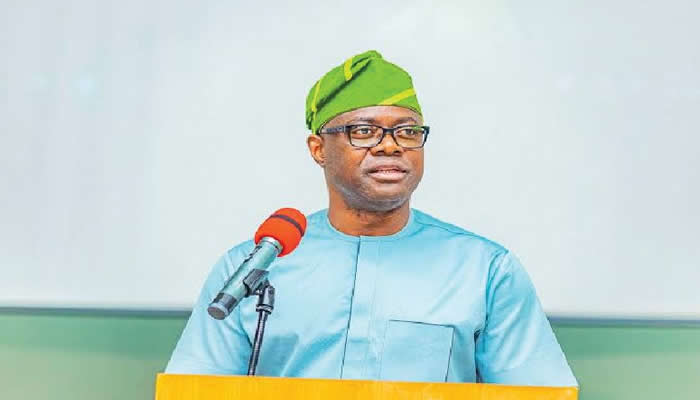The Oyo State Government has demonstrated a commitment to infrastructural development and citizen welfare by disbursing a substantial sum of N600 million as compensation to property owners affected by the ongoing Circular Road project in Ibadan. This initiative underscores the government’s recognition of the potential disruption caused by large-scale infrastructure projects and its dedication to mitigating the impact on affected communities. The compensation distribution, which has been rolled out in phases, represents a significant step towards fulfilling the government’s pledge to provide a total of N1 billion in compensation, ensuring that those displaced or impacted by the road expansion receive fair and timely recompense. This commitment to equitable compensation not only upholds the rights of property owners but also fosters trust and cooperation between the government and the citizenry.
The Circular Road project, an ambitious undertaking aimed at enhancing transportation and connectivity within Ibadan, necessitated the acquisition and expansion of land, impacting numerous properties along the designated corridor. The project’s history, spanning multiple administrations, highlights the complexity of urban development and the need for adaptable and inclusive compensation mechanisms. Initially conceived in 2006, the corridor expansion was further broadened in 2018, before the current administration assumed office. This prolonged timeframe underscores the ongoing nature of urban planning and the potential for evolving land use requirements to impact existing structures and communities.
Recognizing the potential hardship faced by affected property owners, Governor Seyi Makinde directed that compensation be extended to all those impacted, irrespective of the legality of their structures. This inclusive approach acknowledges the complexities of land ownership and urban development in Ibadan, where both legally acquired and informal settlements often coexist along major infrastructure corridors. By providing compensation to all affected parties, the government demonstrates its commitment to equitable treatment and minimizes the risk of exacerbating existing inequalities within the community. This also prevents further displacement and hardship, allowing individuals and families to relocate or rebuild their lives without undue financial burden.
The distribution of the fourth tranche of N200 million, bringing the total disbursed amount to N600 million, signals the government’s proactive approach to fulfilling its compensation obligations. Individual beneficiaries are set to receive between N3 million and N5 million, with immediate crediting of the payments, ensuring prompt access to the funds. This efficient disbursement process minimizes bureaucratic delays and enables recipients to quickly address their relocation or rebuilding needs. The transparency of the process, coupled with the government’s proactive communication about the compensation schedule, further strengthens public trust in the project’s implementation.
Alongside the compensation efforts, the government has taken proactive measures to protect beneficiaries from potential fraud and exploitation. The Commissioner for Lands, Housing and Urban Development, Williams Funmilayo, has explicitly cautioned beneficiaries against falling prey to fraudulent schemes and emphasized the importance of reporting any government official soliciting kickbacks. This strong stance against corruption underscores the administration’s commitment to ethical governance and reinforces the message that public funds are intended solely for the benefit of the community. By actively addressing the potential for corruption, the government safeguards the integrity of the compensation process and ensures that beneficiaries receive the full and intended value of their entitlements.
The Circular Road project, aptly named after former Governor Rashidi Ladoja, carries significant historical and symbolic weight within Ibadan. Dotun Oyelade, the Commissioner for Information and Orientation, described the project as “ordained by God,” highlighting its long gestation and its connection to a prominent figure in Ibadan’s history. The project’s realization represents not only a significant infrastructural advancement but also a symbolic tribute to the city’s past and a testament to the continuity of development efforts across administrations. The project’s naming after Ladoja, who is also the Olubadan of Ibadanland, adds a layer of cultural significance, intertwining the city’s historical leadership with its future development. This symbolic link underscores the importance of the project to the city’s identity and future prosperity.


